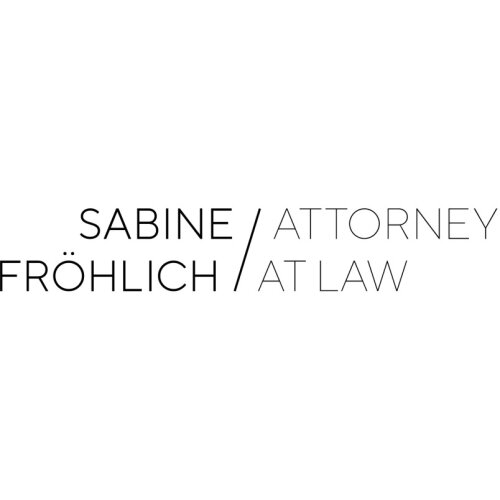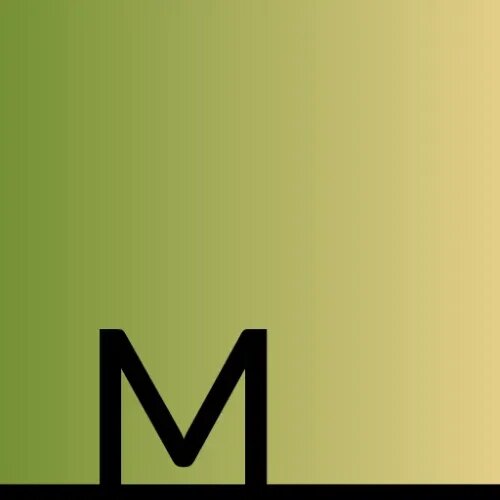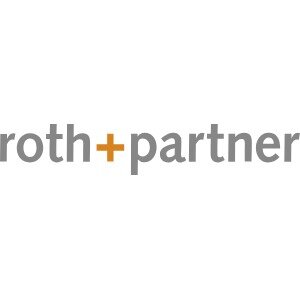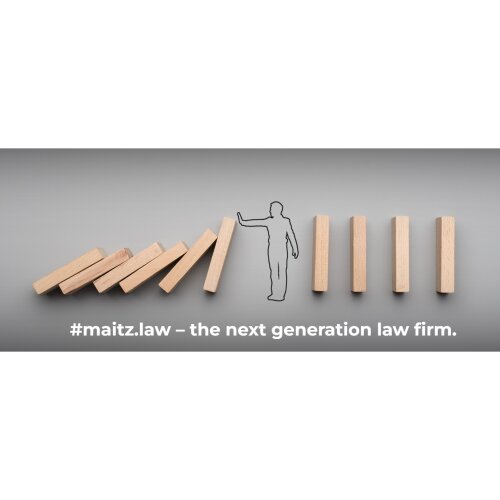Best Lawsuits & Disputes Lawyers in Liechtenstein
Share your needs with us, get contacted by law firms.
Free. Takes 2 min.
Or refine your search by selecting a city:
List of the best lawyers in Liechtenstein
Liechtenstein Lawsuits & Disputes Legal Questions answered by Lawyers
Browse our 1 legal question about Lawsuits & Disputes in Liechtenstein and read the lawyer answers, or ask your own questions for free.
- If a Liechtenstein contract says binding arbitration, can mediation first affect my right to arbitrate later?
- One party wants to pursue mediation before the arbitration required by the contract. I worry that starting mediation could pause or invalidate my right to arbitrate under Liechtenstein law. What are the timelines, costs, and enforceability implications if mediation occurs prior to arbitration?
-
Lawyer answer by Inmann Stelzl & Partner Rechtsanwälte Offene Gesellschaft
Under Liechtenstein law, initiating mediation does not normally pause, waive, or invalidate a party’s right to arbitration. As long as you make clear that participation in mediation is “without prejudice,” your contractual arbitration right remains intact. Mediation itself does not...
Read full answer
About Lawsuits & Disputes Law in Liechtenstein:
Lawsuits & Disputes in Liechtenstein are regulated by the country's civil and criminal codes, as well as by specific laws and regulations. In Liechtenstein, legal disputes can arise in various areas, including contract law, property law, family law, and labor law. Lawsuits can be initiated to settle disputes between individuals, businesses, or between individuals and the government.
Why You May Need a Lawyer:
You may need a lawyer in Liechtenstein if you are involved in a legal dispute and need assistance navigating the legal system. Lawyers can provide valuable advice, representation in court, and help you understand your rights and obligations. Common situations where people may require legal help include contract disputes, personal injury claims, employment disputes, and disputes over property rights.
Local Laws Overview:
Local laws in Liechtenstein provide a framework for resolving lawsuits and disputes. It is important to be aware of the country's legal system, courts, and procedures when dealing with legal matters. Some key aspects of local laws that are particularly relevant to Lawsuits & Disputes in Liechtenstein include the Civil Code, the Code of Civil Procedure, and the Criminal Code.
Frequently Asked Questions:
1. What is the statute of limitations for filing a lawsuit in Liechtenstein?
In Liechtenstein, the statute of limitations for filing a lawsuit varies depending on the type of legal claim. It is important to consult with a lawyer to determine the specific deadline for your case.
2. How can I enforce a court judgment in Liechtenstein?
Enforcing a court judgment in Liechtenstein can be done through various legal procedures, such as seizure of assets or wage garnishment. A lawyer can assist you with the enforcement process.
3. What are the grounds for appealing a court decision in Liechtenstein?
You can appeal a court decision in Liechtenstein on the grounds of procedural errors, errors in fact or law, or if new evidence comes to light. The appeal process is complex and requires legal expertise.
4. Can I settle a lawsuit out of court in Liechtenstein?
Yes, parties involved in a lawsuit in Liechtenstein can settle their dispute out of court through negotiation, mediation, or arbitration. It is always advisable to consult with a lawyer before entering into a settlement agreement.
5. What are the costs involved in filing a lawsuit in Liechtenstein?
The costs involved in filing a lawsuit in Liechtenstein include court fees, legal fees, and other expenses related to the litigation process. It is important to discuss the costs with your lawyer before initiating legal action.
6. Can I represent myself in court in Liechtenstein?
While it is possible to represent yourself in court in Liechtenstein, it is highly recommended to seek legal representation. A lawyer can provide valuable advice, support, and expertise throughout the legal process.
7. How long does it take to resolve a lawsuit in Liechtenstein?
The duration of a lawsuit in Liechtenstein can vary depending on the complexity of the case, the number of parties involved, and other factors. It is important to be prepared for a potentially lengthy legal process.
8. What are the different types of alternative dispute resolution methods available in Liechtenstein?
Alternative dispute resolution methods in Liechtenstein include mediation, conciliation, and arbitration. These methods can be used to resolve disputes outside of the court system in a less formal manner.
9. What is the role of a judge in a lawsuit in Liechtenstein?
In Liechtenstein, judges play a crucial role in overseeing legal proceedings, evaluating evidence, and issuing judgments. Judges are impartial and make decisions based on the law and the facts of the case.
10. How can I find a reputable lawyer in Liechtenstein?
You can find a reputable lawyer in Liechtenstein by asking for recommendations from friends, family, or colleagues, or by contacting the Liechtenstein Bar Association for a list of qualified attorneys. It is important to choose a lawyer with experience in Lawsuits & Disputes law.
Additional Resources:
For more information and resources related to Lawsuits & Disputes in Liechtenstein, you can visit the website of the Liechtenstein Bar Association or contact the Ministry of Justice for legal assistance.
Next Steps:
If you need legal assistance in Lawsuits & Disputes in Liechtenstein, it is recommended to consult with a qualified lawyer who can provide guidance, representation, and support throughout the legal process. Be sure to gather all relevant documents and information related to your case before meeting with a lawyer to discuss your options.
Lawzana helps you find the best lawyers and law firms in Liechtenstein through a curated and pre-screened list of qualified legal professionals. Our platform offers rankings and detailed profiles of attorneys and law firms, allowing you to compare based on practice areas, including Lawsuits & Disputes, experience, and client feedback.
Each profile includes a description of the firm's areas of practice, client reviews, team members and partners, year of establishment, spoken languages, office locations, contact information, social media presence, and any published articles or resources. Most firms on our platform speak English and are experienced in both local and international legal matters.
Get a quote from top-rated law firms in Liechtenstein — quickly, securely, and without unnecessary hassle.
Disclaimer:
The information provided on this page is for general informational purposes only and does not constitute legal advice. While we strive to ensure the accuracy and relevance of the content, legal information may change over time, and interpretations of the law can vary. You should always consult with a qualified legal professional for advice specific to your situation.
We disclaim all liability for actions taken or not taken based on the content of this page. If you believe any information is incorrect or outdated, please contact us, and we will review and update it where appropriate.
Browse lawsuits & disputes law firms by service in Liechtenstein
Liechtenstein Attorneys in related practice areas.
Browse lawsuits & disputes law firms by city in Liechtenstein
Refine your search by selecting a city.














